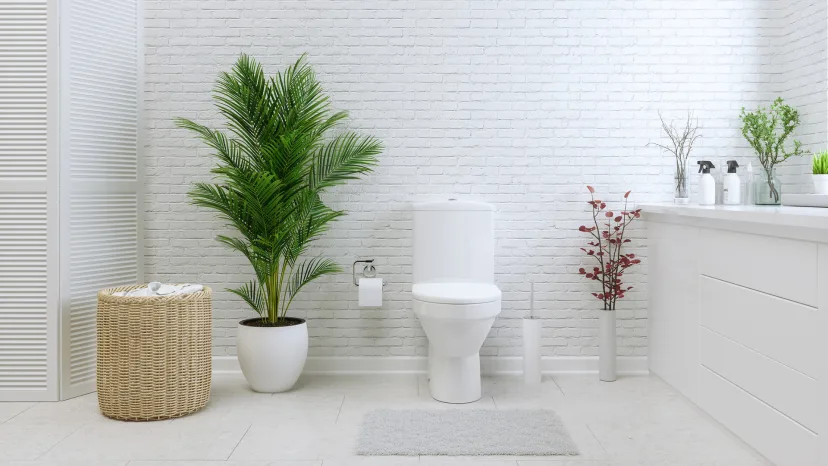Digestive health
Introduction
Maybe your stomach doesn’t quite feel right. Or you're spending too much time in the bathroom. Perhaps heartburn seems like a constant companion.
No matter the issue, this is the place to find information about digestive health.
Whether it's irritable bowel syndrome (IBS), inflammatory bowel disease (IBD, which includes Crohn’s disease and ulcerative colitis), gastroesophageal reflux disease (GERD, of which heartburn and acid reflux are common symptoms), constipation, or abdominal pain, you'll get the facts about symptoms, causes, and treatments, as well as when it may be time to get help from a healthcare provider (HCP).
You’ll also learn how supplements, probiotics, and hydration may play a role in your digestive health.
Because there could be many causes for digestive upset, as well as many treatments, your HCP can work with you on diagnosing your condition and developing a care plan tailored for you.
Explore these topics to start, then discuss them with your HCP.
IBS
Maybe you've seen commercials for drugs that treat irritable bowel syndrome (IBS). But what is IBS? Is it just diarrhea or is it something more? Learn more about this gastrointestinal (GI) disorder, including its symptoms and causes, and how it’s diagnosed and treated.
Crohn’s disease

You may know that Crohn’s disease is a form of inflammatory bowel disease (IBD). But what causes it? Is it an immune system issue? Aside from fever, fatigue, and abdominal pain, what are the symptoms to watch out for? Learn the facts about Crohn’s disease and how it's diagnosed and treated.
Constipation

Everybody experiences that stopped-up feeling every now and then. But how do you know when constipation has turned from an inconvenience into a red flag for something more serious? Find out how to naturally avoid constipation and learn when it’s time to call your HCP for help.
GERD

You’ve got a burning sensation in your chest. Is it merely something you ate or a more serious issue? Learn the facts about gastroesophageal reflux disease (GERD), how acid reflux and heartburn are related to the condition, and what you can do to start feeling better again.
Abdominal pain
You may have occasional stomach pain, but when does it warrant a trip to your HCP’s office, or even to the ER? Explore the symptoms and causes of abdominal pain, ranging from minor to severe, and find out when it's time to get immediate help.





